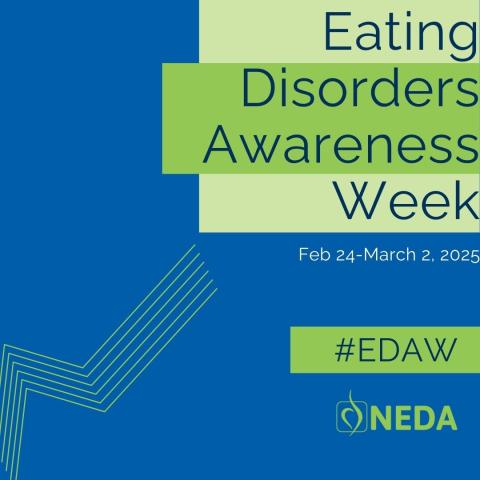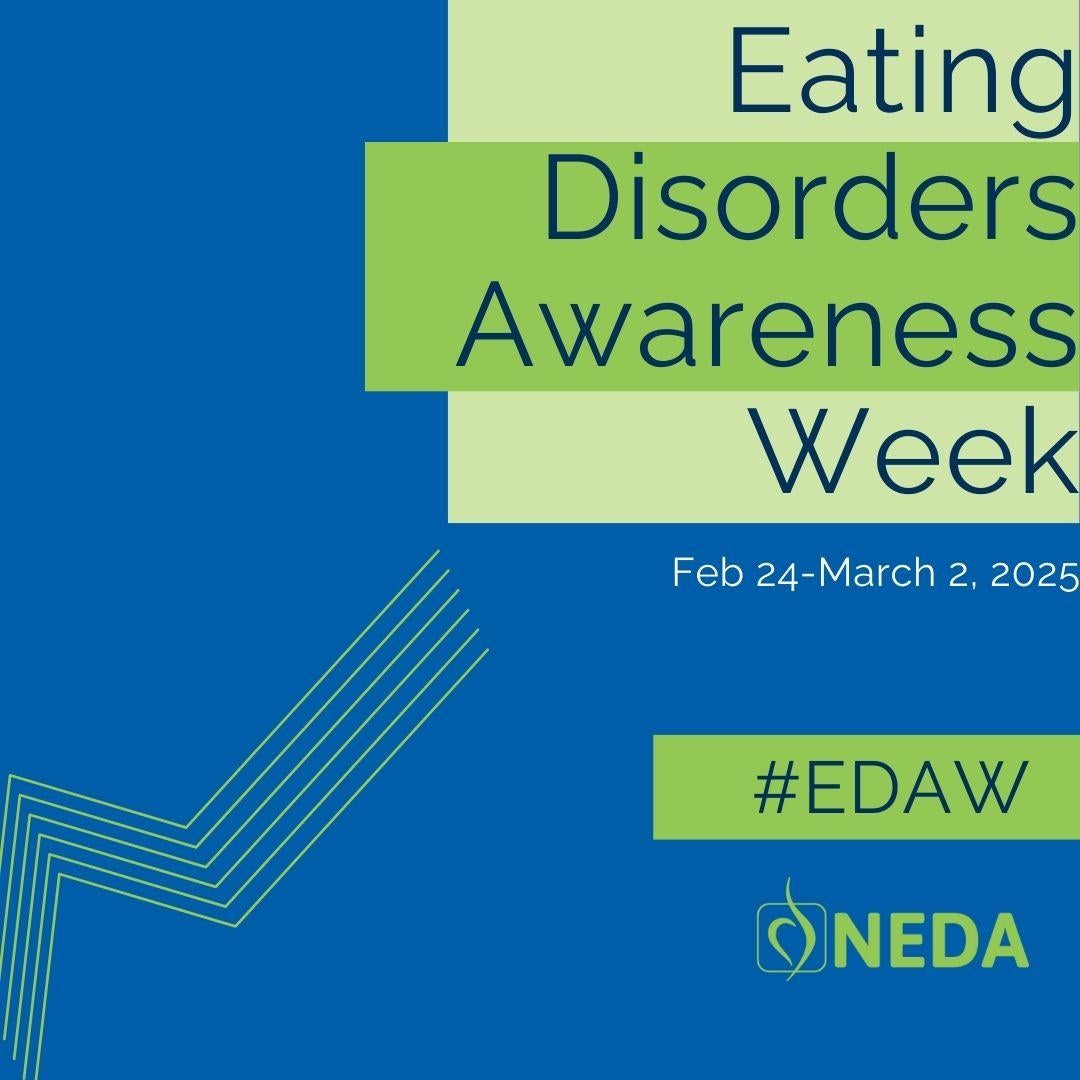
Learn to Code: Eating Disorders
ICD-10-CM; APA; eating disorders; #EDAW; mental disease; psychology

5 min read
Did you know? Eating Disorders Awareness Week 2025 is taking place February 24-March 2, 2025. Read more to learn about the National Eating Disorder Association’s initiative and how to code these mental disorders.
According to the National Eating Disorders Association (NEDA), eating disorders are a public health issue. Eating disorders also have the second-highest mortality rate among mental health conditions: one person dies from an eating disorder every 52 minutes. The NEDA also reminds us that anyone—regardless of age, gender identity, race, religion, ethnicity, sexual orientation, body shape and weight—can be affected by an eating disorder. These disorders are bio-psycho-social illnesses, meaning a variety of factors play into their development (genetic, biological, environmental and social).
There are many types of eating disorders, including:
- Anorexia Nervosa
- Bulimia Nervosa
- Binge Eating Disorder
- Avoidant/Restrictive Food Intake Disorder (ARFID)
- Other Specified Feeding or Eating Disorders (OSFED)
- Atypical Anorexia
- Unspecified Feeding or Eating Disorder (UFED)
- Rumination Disorder
- Pica
- Orthorexia
- Severe and Enduring Eating Disorders (SEED)
In ICD-10-CM, eating disorders are classified in chapter 5, category F50. They are considered behavioral syndromes associated with physiological disturbances and physical factors. Since eating disorders are considered mental disorders in ICD-10-CM, remember that psychiatrists ordinarily state diagnoses in accordance with the nomenclature used in the Diagnostic and Statistical Manual of Mental Disorders (DSM) published by the American Psychiatric Association (APA). As we explained in our blog post Learn to Code: Mental Disorders, DSM-5-TR and ICD should be thought of as companion publications with 2 complementary primary purposes:
- The primary purpose of DSM-5-TR is to extensively describe the criteria used by psychiatrists to diagnose mental disorders.
- The objective of ICD is to provide codes for psychiatry and all other areas of medicine that can be used for insurance reimbursement and the monitoring of morbidity and mortality statistics.
The DSM-5-TR lists ICD-10-CM codes for specific mental disorders, but the disorder names do not always match.
The Fiscal Year (FY) 2025 ICD-10-CM changes included several new codes to address the different types of eating disorders and their severity. These changes went into effect on October 1, 2024. There are new codes in subcategories F50.0, Anorexia nervosa; F50.2, Bulimia nervosa, and F50.81, Binge eating disorder that require a fifth or sixth character to identify the severity of these conditions. Subcategory F50.0, Anorexia nervosa, includes new codes to specify the type of anorexia nervosa: restricting or binge eating/purging. The severity of the anorexia nervosa is based on the patient’s BMI. In subcategory F50.2, Bulimia nervosa, the new codes identify the number of episodes of inappropriate compensatory behavior per week in addition to the severity.
Two new codes were created for pica in adults and rumination disorder in adults. Pica is a compulsive eating disorder of non-food items such as ashes, talcum powder, chalk, clay and dirt. Rumination disorder is a functional gastrointestinal disorder defined as the automatic regurgitation of recently ingested food from the stomach in the absence of an organic disease. Rumination is an automatic reflex, not a conscious action. The creation of these new codes allows for specific reporting of these types of eating disorders.
It is important to know that codes from category F50 are not assigned when the conditions are present due to a mental disorder classified elsewhere or are of organic origin.
For more information about the recent changes to ICD-10-CM category F50, please read the Fourth Quarter 2024 newsletter for Coding Clinic for ICD-10-CM and ICD-10-PCS.
To learn more about the annual campaign to educate the public about the realities of eating disorders, please visit the NEDA's EDAW website.
The time is now to shift the perception of eating disorders, encourage early detection and treatment and support ongoing research.
#EDAW
Resources
- Eating disorders awareness week. National Eating Disorders Association. (2025, February 04). https://www.nationaleatingdisorders.org/edaw/
- Holland, G. What are eating disorders? (n.d.) https://www.nationaleatingdisorders.org/what-are-eating-disorders/
